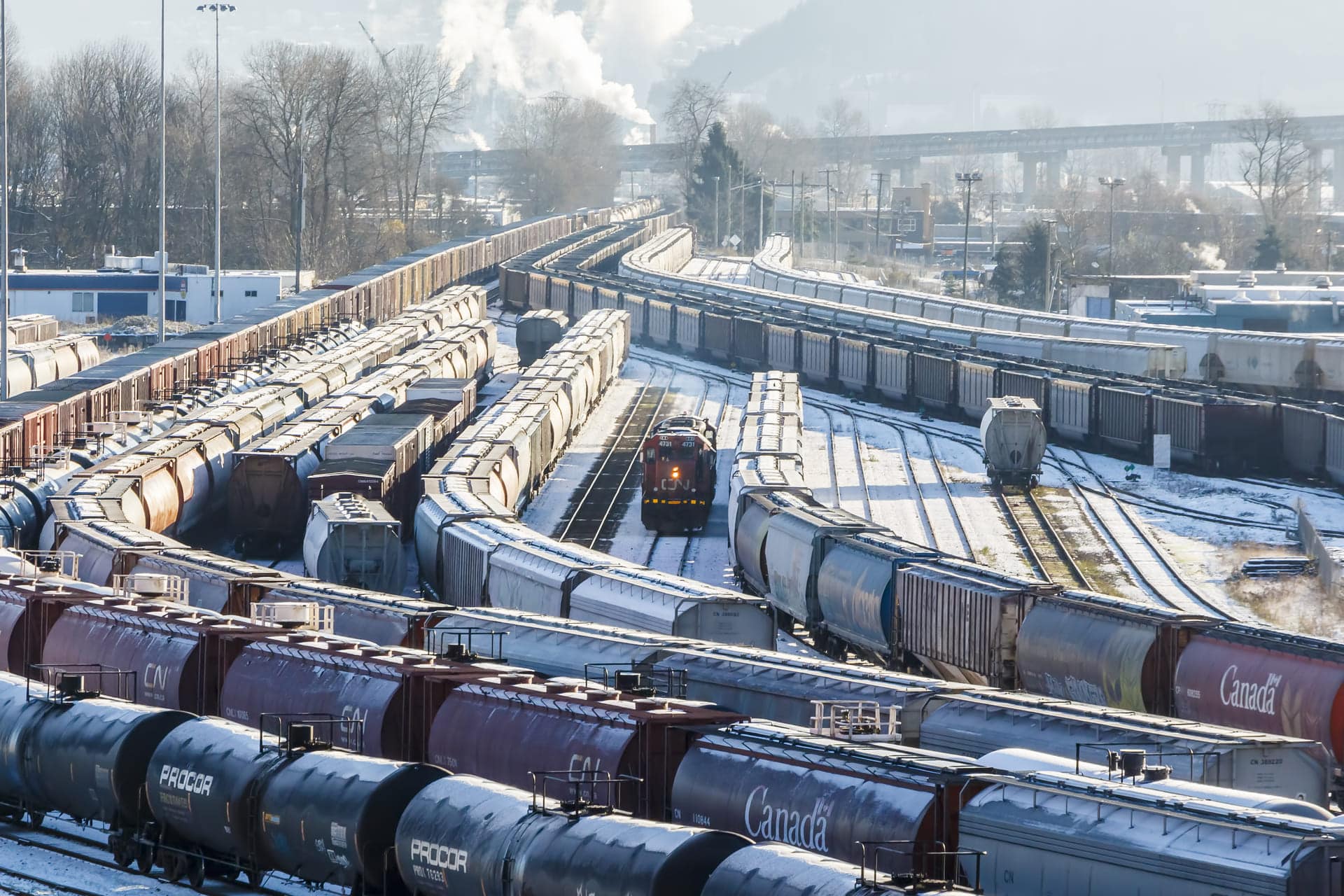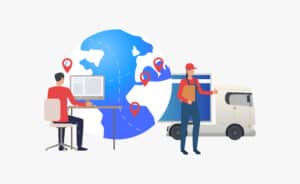Transportation costs represent a significant portion of the operating expenses for businesses involved in the distribution of goods. With rising fuel prices, regulatory changes, and increasing market competition, companies are under constant pressure to find innovative ways to reduce these costs without compromising service quality. Effective transportation strategies can lead to substantial savings, enhancing profitability and competitive advantage.
Understanding Transportation Costs
Transportation expenses encompass more than just the cost of fuel. They include vehicle maintenance, driver salaries, insurance premiums, and administrative fees. Moreover, external factors such as regulatory requirements, route congestion, and environmental policies also influence these costs. Recognizing these components is the first step towards optimizing transportation strategies for cost efficiency.
Strategic Route Planning
One of the most effective methods to reduce transportation costs is through meticulous route planning. Leveraging advanced routing software can help identify the most efficient paths, taking into account distance, traffic patterns, and delivery deadlines. This optimization not only reduces fuel consumption but also decreases wear and tear on vehicles, extending their service life.
Investment in Technology
Adopting the latest in transportation technology offers numerous benefits:
- Telematics systems provide real-time data on vehicle location, fuel usage, and driver behavior, facilitating more informed management decisions.
- Automated routing and scheduling software enhances route efficiency, reducing unnecessary mileage.
- Fleet management solutions help monitor vehicle maintenance needs, preventing costly repairs and downtime.
Driver Training and Performance Monitoring
Drivers play a crucial role in minimizing transportation costs. Training programs focused on economical driving techniques can significantly reduce fuel consumption. Additionally, monitoring driver performance through telematics can encourage more efficient driving habits and reduce the risk of accidents, thereby lowering insurance premiums.
Collaborative Logistics
Partnering with other businesses to share transportation resources can lead to substantial cost savings. Collaborative logistics allows companies to consolidate shipments, achieving full truckload (FTL) shipments more frequently and taking advantage of economies of scale. This approach not only reduces per-unit transportation costs but also contributes to environmental sustainability by lowering the number of vehicles on the road.
Regular Vehicle Maintenance
A well-maintained vehicle fleet is essential for cost-effective transportation. Regular maintenance checks ensure that vehicles operate at optimal efficiency, preventing fuel wastage and expensive breakdowns. Implementing a proactive maintenance schedule can extend the lifespan of the fleet and reduce long-term operational costs.
Adopting Fuel-Efficient Practices
Fuel accounts for a significant portion of transportation expenses. Adopting fuel-efficient practices such as using aerodynamic vehicle designs, maintaining proper tire pressure, and reducing idle times can lead to noticeable savings in fuel consumption. Exploring alternative fuels and hybrid vehicles can also offer long-term cost advantages and environmental benefits.
Negotiating Carrier Contracts
For businesses that outsource their transportation needs, negotiating favorable terms with carriers is crucial. Understanding market rates and leveraging volume discounts can result in more competitive shipping rates. Establishing long-term relationships with reliable carriers can also lead to better service levels and cost savings over time.
By implementing these strategies, businesses can achieve a more cost-effective transportation process, directly impacting their bottom line. Interlane Logistics understands the complexities of transportation management and is committed to providing solutions that optimize efficiency and reduce costs for our clients. Our expertise in strategic route planning, technology investment, and collaborative logistics ensures that your goods are transported in the most economical manner, reflecting our dedication to excellence and innovation in the logistics industry.















